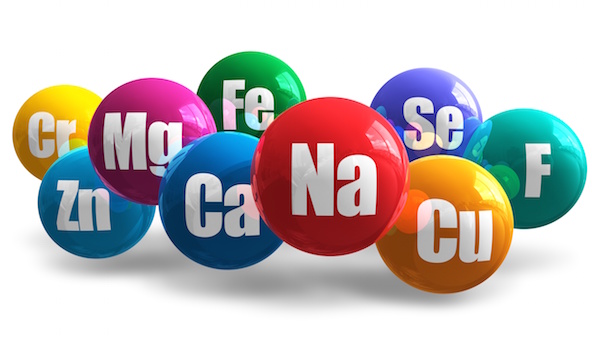
SATURDAY, Oct. 22 (HealthDay News) — Marathons place heavy demands on the body and runners need to take certain measures to ensure they stay healthy and are able to cross the finish line, according to a nutrition expert.
Runners need enough energy to perform at their best and to prevent injuries, advised registered dietitian Brooke Schantz, of the Loyola University Health System. She offered a simple guideline for calorie intake:
- 30 to 60 minutes of activity a day requires 16 to 18 calories per pound of body weight.
- 1 to 1.5 hours of activity a day requires 19 to 21 calories per pound.
- 1.5 to 2 hours of activity a day requires 22 to 24 calories per pound.
- 2 to 3 hours of activity a day requires 25 to 30 or more calories per pound.
Runners should consume 30 to 60 grams of carbohydrates per hour when running for more than one hour. Marathon-friendly carbs include gels, jelly beans, sports drinks, sports bars or a combination of these products.
Protein is another essential part of a runner’s diet because it increases lean muscle mass and helps in muscle repair. Endurance athletes should consume between 1.2 to 1.4 grams of protein per kilogram of body weight per day. But don’t exceed more than 1 gram of protein per pound of body weight per day, Schantz said in a university news release.
And, she added, runners should avoid high-fiber foods the night before and the morning of a race because they could cause intestinal distress and cramping during the race.
It’s crucial to drink enough water to stay properly hydrated. Schantz offered the following fluid-replacement guidelines:
- Two hours before exercise, consume 16 to 20 ounces of water and drink another 7 to 10 ounces of water 10 to 20 minutes before exercise.
- Drink 6 to 8 ounces of water every 15 to 20 minutes during exercise. If you exercise for longer than one hour, consume a sports drink with 4 to 8 percent carbohydrates.
- After exercise, drink 24 ounces of fluid for every pound lost during exercise.
Monitoring the color of your urine is a good way to assess your hydration status. The clearer your urine, the more hydrated you are, Schantz said.
More information
The Hospital for Special Surgery has more marathon training tips.

